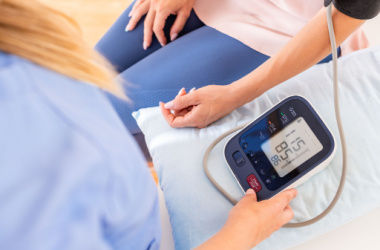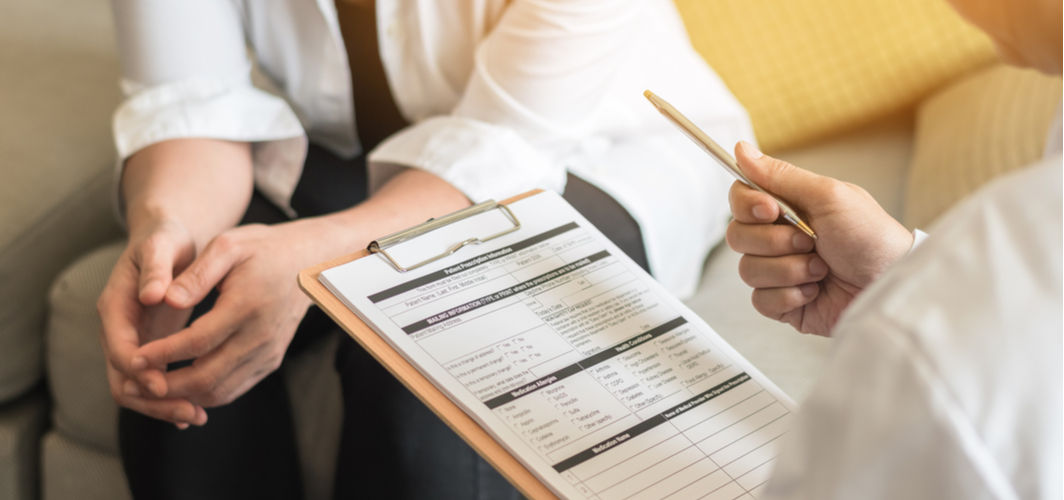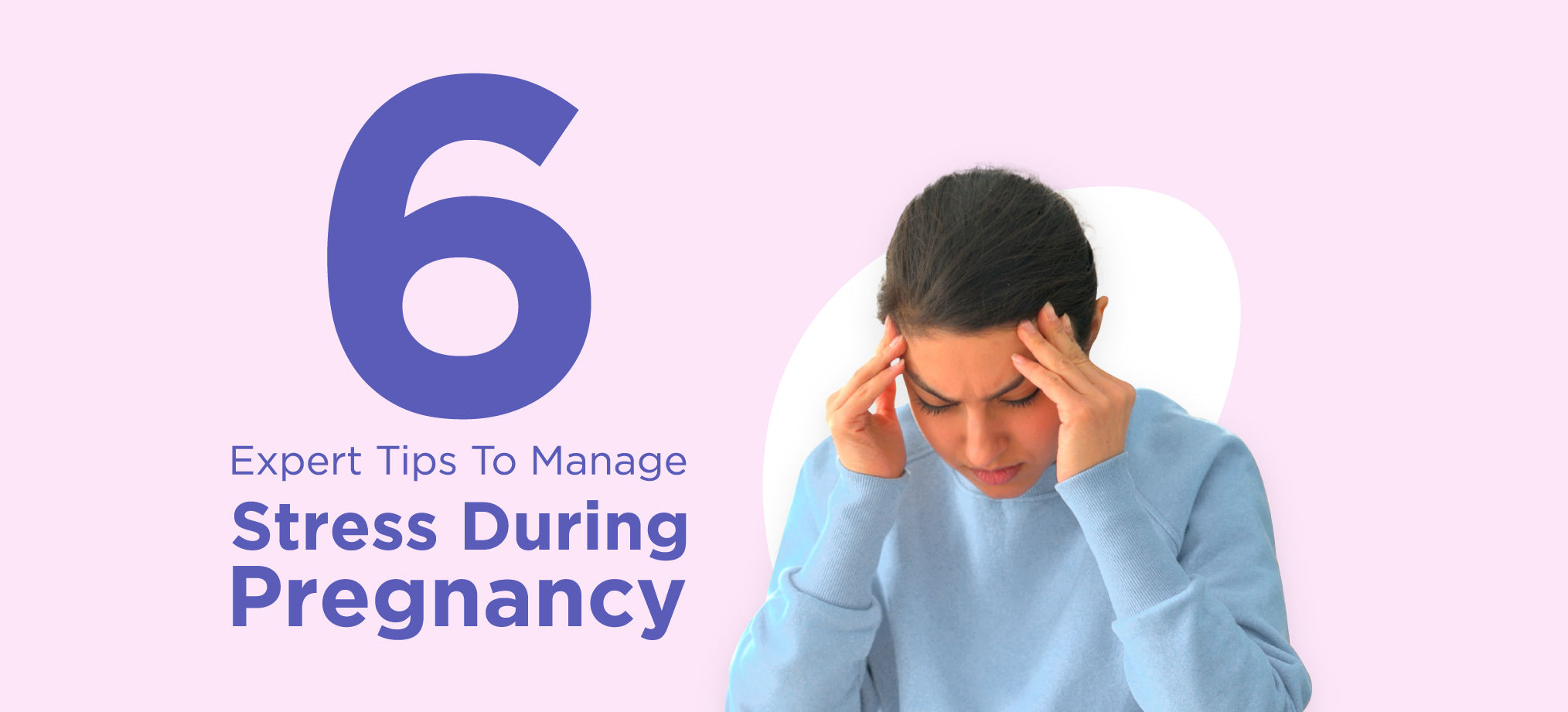Women's Wellness
Dear Women, This Is Exactly Why You Can’t Go Low On Potassium!
2 min read
By Apollo 24|7, Published on - 19 August 2022, Updated on - 22 May 2024
Share this article
0
0 like

Our body requires several micro and macro nutrients to ensure proper functioning. While macronutrients like carbohydrates, fats, and proteins are required in high amounts, micronutrients such as minerals and vitamins are scarcely required in the body. However, one such mineral, potassium, is not only essential for the proper functioning of muscles and nerves but also protein synthesis and metabolism of carbs. However, our high-fat, processed diet contains high amounts of sodium, while it lacks the potassium required by our body. While everyone requires potassium, it is more crucial for women as the requirement increases during pregnancy and lactation.
Why do we require potassium?
Potassium is required to fulfil several functions in the body, some of which include:
- Aids in maintaining fluid balance in the body
- Maintains blood pressure, thereby preventing stroke
- Helps in the transfer of signals across the nerves
- Helps in controlling heart and muscle contractions
- Prevents the retention of water in the body
- Prevents diseases such as osteoporosis and kidney stone
How much potassium do women need?
Age | Potassium requirement for females |
0–6 months | 400 mg/day |
7–12 months | 860 mg/day |
1–18 years | 2,000 mg/day |
19+ years | 2,600 mg/day |
It must be noted that the requirement for potassium increases to 2,900 mg during pregnancy and reduces to 2,800 mg during breastfeeding.
What are the risks of having potassium deficiency?
The lack of potassium in the body, medically called hypokalemia, can result in numerous health issues, some of which include:
- High blood pressure
- Risk of developing kidney stones
- Low levels of calcium in the bones

What are the signs of potassium deficiency?
While cases of mild potassium deficiency may not exhibit any symptoms, warning signs may include:
- Constipation
- Heart palpitations
- Extreme fatigue
- Muscle spasms and twitching
- Numbness and tingling in extremities
- Low blood pressure
- Extreme thirst
- Urinating frequently
- Severe muscular wasting results in paralysis
- A feeling of faintness or dizziness
Excess potassium in women
As we all know, excess of everything is bad. Hence, excess potassium in the body can result in hyperkalemia. If the levels of potassium in the body increase to dangerous levels, the kidneys would no longer be able to excrete sufficient amounts of potassium, resulting in kidney diseases. People suffering from hyperkalemia may experience:
- Breathlessness
- Heart palpitations
- Chest pain

List of some potassium-rich foods
Some of the best food sources of potassium include:
- Beet greens
- Yams
- Pinto beans
- White potatoes
- Sweet potato
- Spinach and kale
- Salmon
- Bananas
- Peas
- Avocado
Potassium can also be found in dried fruits, beans, and other plant-based meals. Now we know that the mineral helps in controlling blood pressure and maintains the health of the heart, bones, and kidneys. It must be noted that those with kidney problems must consult a doctor before consuming potassium-rich foods. For more information,
Medically reviewed by Dr Sonia Bhatt.
Leave Comment
Recommended for you

Women's Wellness
5 Major Health Issues Every Woman Should Know About
Women are at a higher risk of several diseases than men. Adopting healthy habits and regular clinical checkups can significantly reduce the risk of these diseases in women.

Women's Wellness
How To Manage Stress During Pregnancy?
Continually elevated stress levels during pregnancy can have an adverse impact on your health and on that of your unborn baby. It’s essential to manage your stress levels during this time of your life. Read on to learn about some simple steps you can take to keep the levels of your stress under control.

Women's Wellness
Can PCOS Affect Your Chances Of Getting Pregnant?
PCOS is one of the most common problems experienced by a large number of the female population in the world. It often impacts the chances of getting pregnant. Read on to understand the reason why it affects your chances of getting pregnant.
Subscribe
Sign up for our free Health Library Daily Newsletter
Get doctor-approved health tips, news, and more.
Recommended for you

Women's Wellness
5 Major Health Issues Every Woman Should Know About
Women are at a higher risk of several diseases than men. Adopting healthy habits and regular clinical checkups can significantly reduce the risk of these diseases in women.

Women's Wellness
How To Manage Stress During Pregnancy?
Continually elevated stress levels during pregnancy can have an adverse impact on your health and on that of your unborn baby. It’s essential to manage your stress levels during this time of your life. Read on to learn about some simple steps you can take to keep the levels of your stress under control.

Women's Wellness
Can PCOS Affect Your Chances Of Getting Pregnant?
PCOS is one of the most common problems experienced by a large number of the female population in the world. It often impacts the chances of getting pregnant. Read on to understand the reason why it affects your chances of getting pregnant.